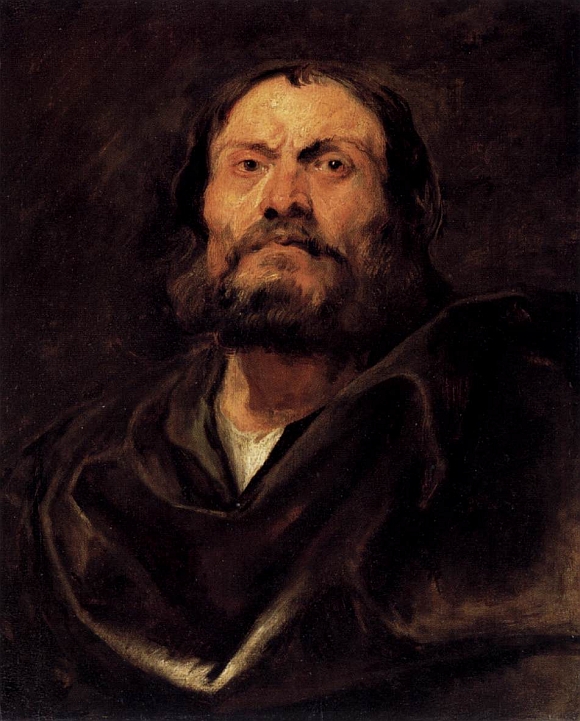
Man is all symmetrie,
Full of proportions, one limbe to another,
And all to all the world besides:
Each part may call the farthest, brother:
And head with foot hath private amitie,
And both with moons and tides.
Nothing hath got so farre,
But Man hath caught and kept it, as his prey.
His eyes dismount the highest starre:
He is in little all the sphere.
Herbs gladly cure our flesh; because that they
Finde their acquaintance there.
For us the windes do blow,
The earth doth rest, heav’n move, and fountains flow.
Nothing we see, but means our good,
As our delight, or as our treasure:
The whole is, either our cupboard of food,
Or cabinet of pleasure.
The starres have us to bed;
Night draws the curtain, which the sunne withdraws;
Musick and light attend our head.
All things unto our flesh are kinde
In their descent and being; to our minde
In their ascent and cause.
Each thing is full of dutie:
Waters united are our navigation;
Distinguished, our habitation;
Below, our drink; above, our meat;
Both are our cleanlinesse. Hath one such beautie?
Then how are all things neat?
More servants wait on Man,
Then he’l take notice of: in ev’ry path
He treads down that which doth befriend him,
When sicknesse makes him pale and wan.
Oh mightie love! Man is one world, and hath
Another to attend him.
Since then, my God, thou hast
So brave a Palace built; O dwell in it,
That it may dwell with thee at last!
Till then, afford us so much wit;
That, as the world serves us, we may serve thee,
And both thy servants be.
—George Herbert, excerpts from Man, first published in The Temple (1633)
Ralph Waldo Emerson’s great essay Nature is in some respects an extended interpretation of Herbert’s poem, which Emerson quotes repeatedly, dwelling especially on the lines “More servants wait on man/Than he’l take notice of.” For Emerson, this points to man’s relationship with nature and its capacity to fill and enrich the human spirit: “Nature, in its ministry to man, is not only the material, but is also the process and the result. All the parts incessantly work into each other’s hands for the profit of man. The wind sows the seed; the sun evaporates the sea; the wind blows the vapor to the field; the ice, on the other side of the planet, condenses rain on this; the rain feeds the plant; the plant feeds the animal; and thus the endless circulations of the divine charity nourish man.”
Listen to a modern instrumental arrangement of the madrigal “The Silver Swan” by Herbert’s contemporary Orlando Gibbons:



